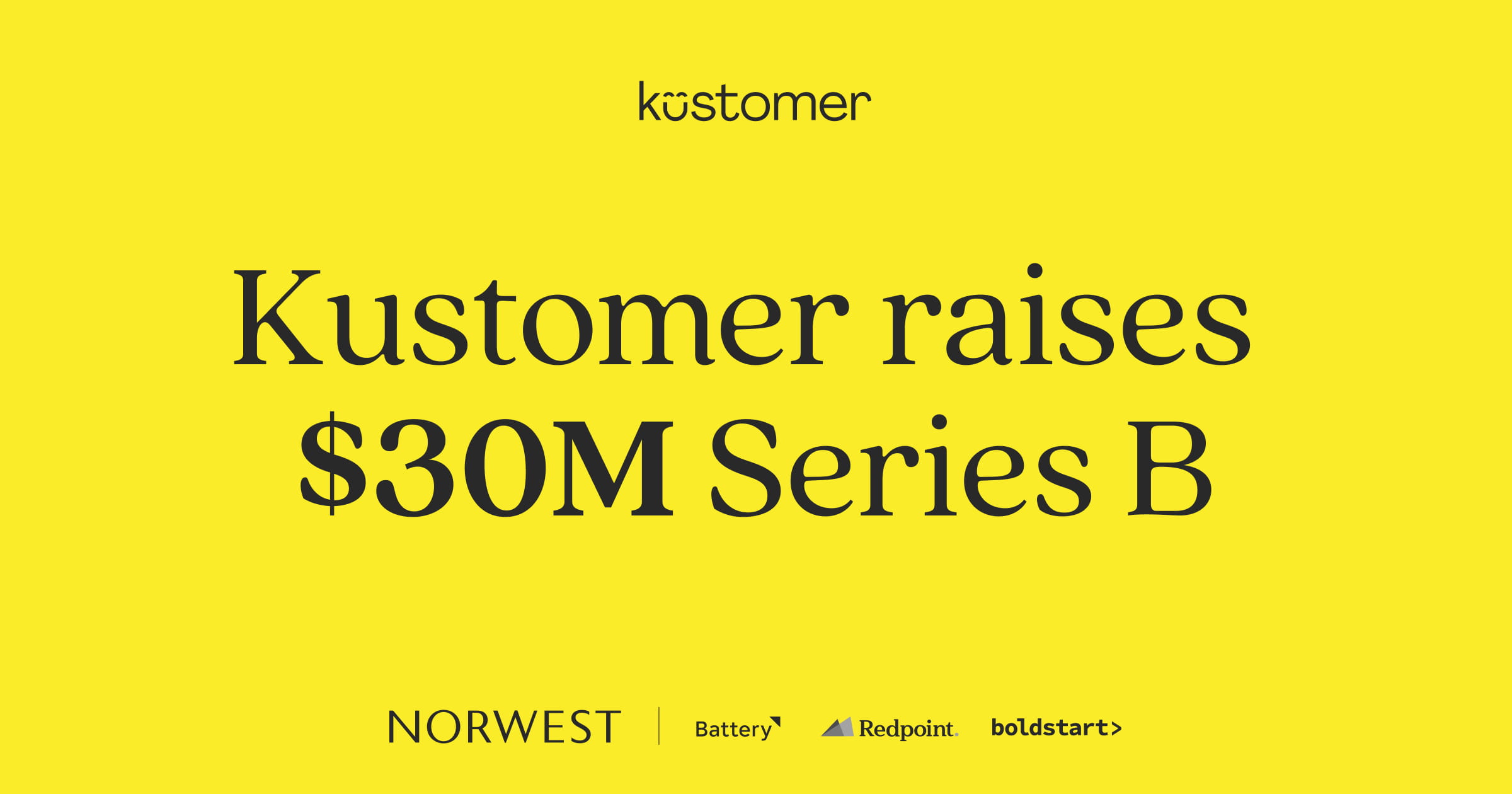CX Insights
After the purchases come the returns - which as a CX leader, you know cost a company a lot. Narvar shares it costs a company $26.50 on average to handle the return for a $100 order, with much of the cost going to return shipping and unsellable merchandise. (Customer support takes just 1.9% of the cost - efficient!)
You’re likely aware of efforts to tamper the number of returns to improve margins - but are they backfiring?
The Wall Street Journal reported that shoppers are pushing back on retailers that charge for returns or shorten return windows, finding that over two-thirds of consumers that are aware of these stricter return policies report they are deterred from making purchases - and that’s up from 59% the year before.
Some are choosing to go in store for purchases like clothing where they need to ensure the items fits correctly, but that’s not an option for all consumers - especially when many report that the inventory is lacking.
It can be a balance to serve the consumer with convenient return policies but also not have them eat into your profits. What’s to be done? Here are some ideas from other brands:
Use AI to provide a personalized return fee based on a customer’s frequency of returns
Facilitate appointment based shopping so consumers can guarantee the garments (and sizes) they want will be in store, and less likely to return
Offer free returns in-store to mitigate shipping costs
Conduct more thorough inspections of returns to combat return fraud
Ultimately, the best strategy is to enhance the shopping process to mitigate the need for returns at all.
BFCM Insights
Have you caught your breath from Cyber Week yet? The numbers are in, and they’re staggering:
TechCrunch found that globally, consumers spent $49.7 billion on Cyber Monday with the total Cyber Week spend totalling $314.9 billion, with $41.1 billion (or 13%) of that in the U.S.
CNN reported that overall sales on Black Friday increased 3.4% year-over-year but that was primarily from online sales, which grew 14.6%, while in store sales grew less than 1%.
NPR reported that consumers spent $11.3 million dollars per minute in the hours of 10 AM - 2 PM on Black Friday.
With the increase in spending, hopefully your brand’s performance grew compared to last year. As you start to collect data for this year’s post-mortem, consider comparing any growth in sales with the increased efficiency of any CX tech investments you’ve made over the last year. Or, use this season’s substantial data needed to get approvals on the new CX tools you want to add to your workflow.
Amazon launched new AI: Amazon Connect
The newest AI agent-type option is out: Amazon is launching new AI capabilities in Amazon Connect, its contact center service for AWS customers. With the new features, brands can create bots to automatically handle incoming conversations.
The reviews on Amazon Connect are mixed; prior to the AI bot rollout, some people on Reddit describe it as “a box of Legos” in that it’s very customizable. Some like it, some hate it, with the general consensus on whether it’s a good tool is “it depends”.
It remains to be seen how the Connect bots stand up to other AI agent platforms and CX tech options, but it’s a development to watch as Amazon Web Services is so ingrained in many companies around the world.
AI will handle half of call center interactions
Capterra’s new research found CX leaders predict that in the next five years, AI will handle half of call center interactions. Even small businesses are on the AI train - and excited about it. The U.S. Chamber of Commerce found that 86% of small businesses report that AI has helped them be more efficient with 91% optimistic about how it can help their brands grow.
CX leaders: Don’t delay. AI can help your businesses cut costs now, which means as others adopt it, it’ll be more of a must-have than a nice-to-have to stay competitive. Start making plans to implement or beef up AI in your workflows.
Interview Insights
I sat down with Lauren Riddle, the Manager of Technical Support at FormAssembly to go over the challenges that technical support teams face. Technical support is at the forefront of challenges that will trickle down to general customer support.
The company has a focus on professional development for its support agents - and Lauren reveals how her team is using AI to carve out time for it. Read or watch the interview for all the insights.




